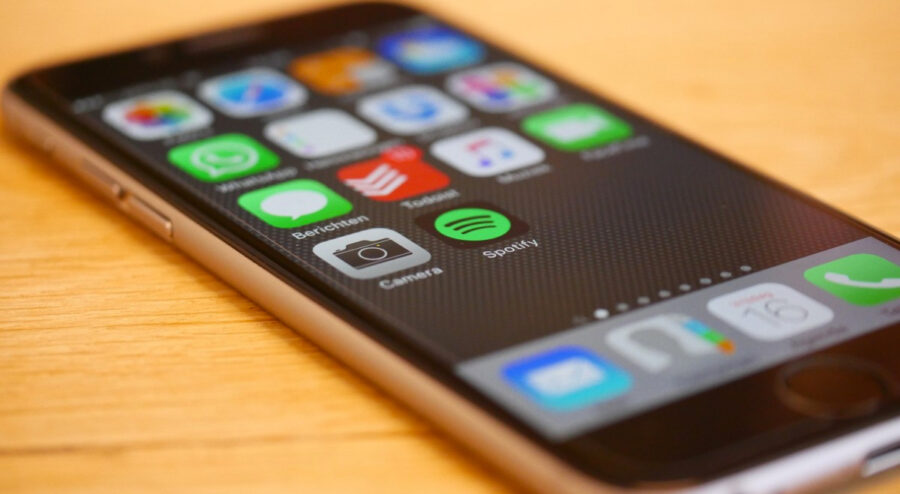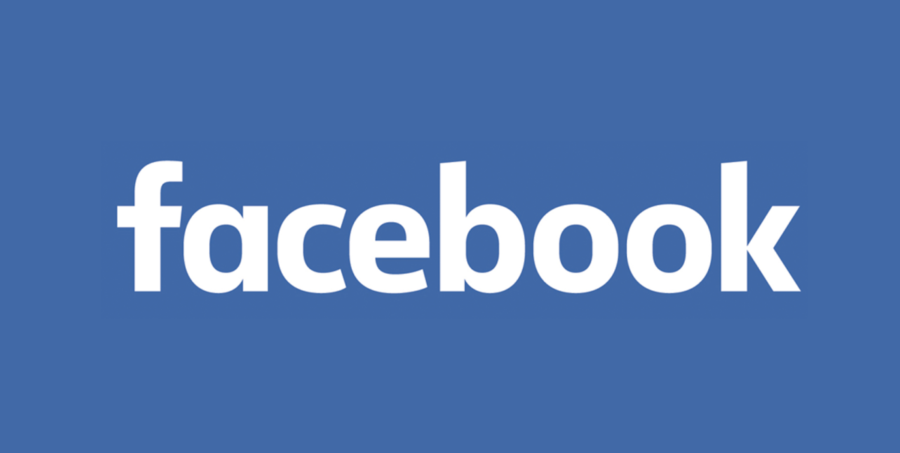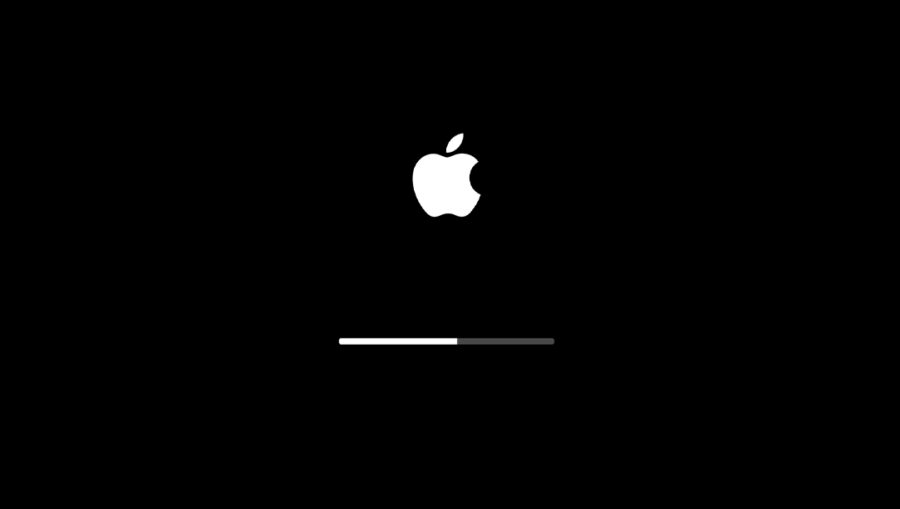Apple Hits Facebook With Privacy Prompt That Will Cost Them Millions
Apple is making moves toward user privacy and Facebook isn't happy about it.
This article is more than 2 years old

As part of the iOS 14.5 update that Apple is rolling out to users, apps will now be required to follow the company’s App Tracking Transparency rules. For users, this means they’ll be seeing a privacy prompt appear on their screens. The pop-up will ask them if they want apps to track them. From the prompt screen itself, they’ll be able to easily click “no” and stop apps from tracking them across other applications or web browsing. Currently, experts believe that as many as 80% of users will click the “no” button, stopping apps, like Facebook, from tracking their activities. This changes the game entirely for the social network that relies on advertising for revenue, and the businesses that rely on Facebook’s targeting for effective advertising.
While all apps will be affected by Apple’s update, all eyes are on Facebook. Mark Zuckerberg, the company’s CEO, has been vocal about opposing the new App Tracking Transparency (ATT) rules. Despite the social network’s complaints, the new rules have been defended heavily. They claim that the iOS update is about giving users a choice, defending their privacy, and standing up for their users. While Zuckerberg has, at times, suggested that the updates could drive more revenue to their website over time, experts believe that the update will cost Facebook millions, if not billions, of dollars. On top of that is how the update will affect small businesses who rely on Facebook advertising to direct customers to their websites.

In 2020, Facebook made over $84 billion from advertising revenue. Part of what makes their advertising platform so popular and effective for businesses is that they track your activity. They know things like your interests and what you’ve been searching for recently online. Apple’s new App Tracking Transparency privacy prompt won’t keep them from seeing what you lookup within the Facebook app, but it will keep them from seeing what you search for on your web browser or anything else you do outside of the app itself. This limits the data they have on you, which means they don’t have that information to give to advertisers.
With experts suggesting that 80% of Apple users will say no to being tracked after they’re prompted, it has been suggested that Facebook will see an expected loss of 7% during Q2. For a company that made so many billions in 2020, this is an expected loss of millions, if not billions.

During all of this, Apple is championing itself as the heroes of privacy for their users. Are they? That’s debatable. Tim Cook is the CEO of Apple. He claims that they are not at war with Facebook specifically, but championing a principle. The CEO says that they feel privacy is the biggest concern in tech moving forward. Companies that thrive on users having less privacy don’t agree with Tim Cook. After all, how would advertising networks make money if they didn’t? Companies like Google and Facebook value your data. It’s what their businesses are built on. If major companies like Apple find ways to make that increasingly difficult, it seems inevitable that these apps will have to continue to find ways to fight back, or at least pivot to making money directly within their apps.
Users can expect to see the privacy prompts appear on their iPhones over the next several weeks. The prompts are taking a while to show up, which is confusing many users who were expecting the pop-ups to happen. While there may be delays, it’s definitely still happening. We’ll have to see how this effects Facebook’s bottom line over the next quarter and how they may be pivot to make up for it.












